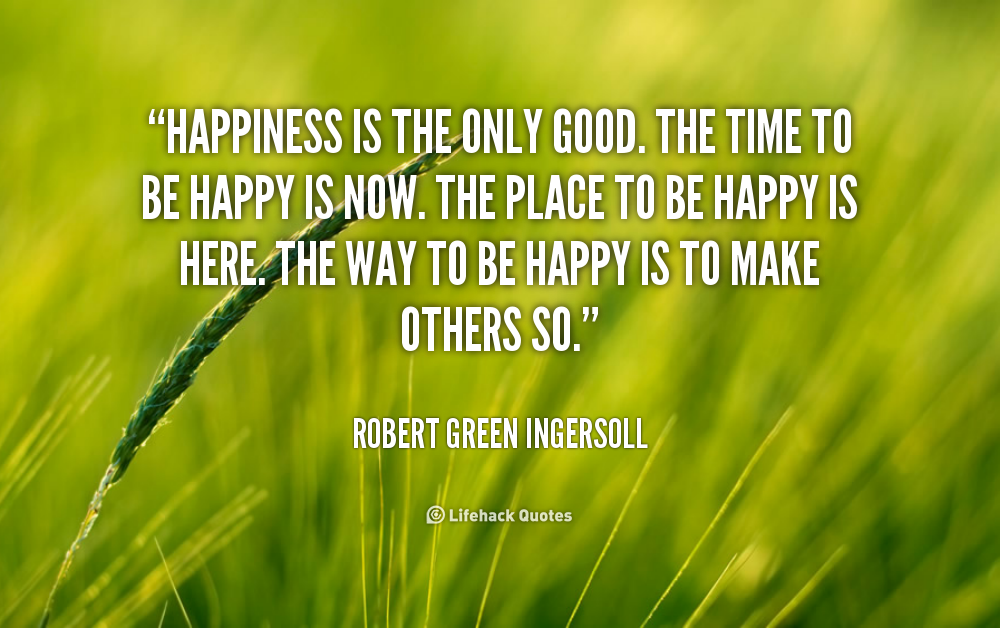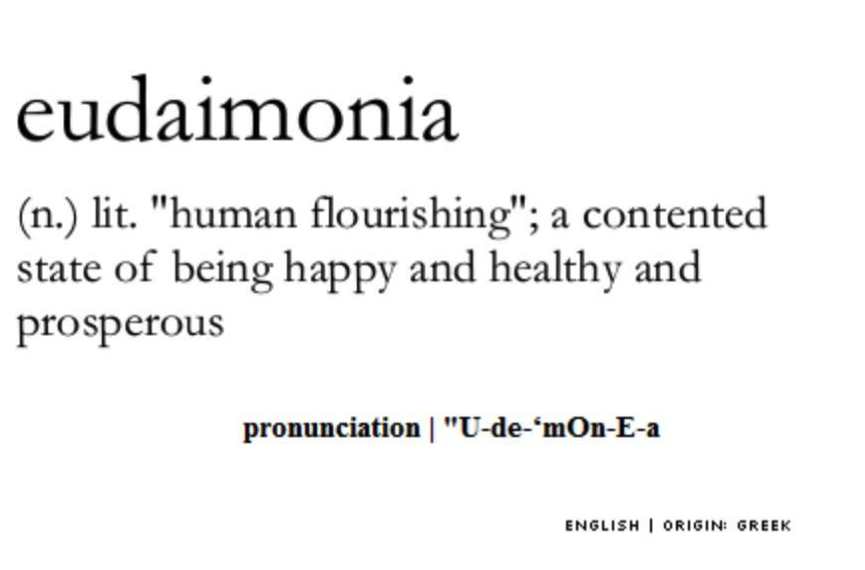Institute for Economics and Peace (IEP) reveals the most peaceful countries in the world. The Happiest Countries in the World 2015; The Happiest Countries in the World 2015. Increasingly happiness is considered a proper measure of social progress and goal of public policy, the report says. The Economics of Happiness is an awardwinning documentary film produced by Local FuturesInternational Society for Ecology and Culture (ISEC). A new film The Economics of Happiness makes an eloquent case for a more localised economic system that forgoes ceaseless increases in GDP and delivers higher levels of wellbeing and even happiness. Economics is theoretically a social science. Hence, it should be grouped with other social sciences like psychology. However, economists have time and again tried to present themselves as a perfect science. The Economics of Happiness describes a world moving simultaneously in two opposing directions. On the one hand, government and big business continue to promote globalization and the consolidation. The Economics of Happiness shows: How economics, capitalism, accounting, and banking, which dominate our consciousness, can be reoriented toward the pursuit of genuine happiness How to rediscover the original meaning of the language of economics WORKING PAPER 1. Introduction Over the past decade economists have increasingly focused on the implications of happiness, also known as subjective wellbeing, for economic theory and policy. 1 The focus on happiness can be seen as part of the larger behavioral movement in economics. Happiness research has become one of the liveliest subjects in economics in recent years 1. Its main goal is to explain the determinants of individual life satisfaction or subjective wellbeing (often loosely called happiness). The Economist offers authoritative insight and opinion on international news, politics, business, finance, science, technology and the connections between them. GDP was developed in the 1930s to help measure economic output. It is certainly one of the most useful economic statistics. But, it has often been criticised for showing only a limited snapshot of economic welfare and happiness. For another discussion of happiness economics that is generally more optimistic about income's relationship to happiness, see this Brookings review of StevensonWolfers' research) We want to hear. Economics of Happiness Does money buy happiness? If you ask people does money buy happiness, they all get very highminded and say, well, of course not and they begin to preach to you about love, meaning and other things. Curiously, economists, whose discipline has much to do with human wellbeing, have shied away from factoring the study of happiness into their work. Happiness, they might say, is an unscientific concept. This is the first book to establish empirically the link between happiness and economics. Income to fund your real happiness For many, work is a means to an end. Life can be much more satisfying when you have a plan to spend on the things that are truly important to you good. Anielski, author of a groundbreaking book on alternatives to the GDP, The Economics of Happiness: Building Genuine Wealth, is working with the Chinese government on how to adopt green GDP accounting. The goal is to take quality of life and the environment into account when measuring the countrys economic health. The five authors of The Origins of Happiness, including Professor Richard Layard of the London School of Economics, focus on answers to the question Overall. In Bhutan, national policy emphasises increasing people's happiness, rather than income. This book examines subjective life satisfaction and wellbeing as well as the psychological, cultural and political dimensions of personal happiness. Watch our new Animation on localization, and our awardwinning documentary The Economics of Happiness both translated into more than 25 languages. Or read our Booklet on localization, (also available in Chinese) written by Helena NorbergHodge. The Economics of Happiness describes a world moving simultaneously in two opposing directions. On the one hand, an unholy alliance of governments and big business continues to promote globalization and the consolidation of corporate power. The Economics of Happiness Richard A. Easterlin Most of us, I think it is safe to say, would like to be happier, and to hold the keys to happiness. For centuries this subject was the exclusive preserve of philosophers and theologians, who speculated and offered prescriptions on the good life. Only fairly The mad pursuit of corporate profits is threatening us all. To be sure, we should support economic growth and development, but only in a broader context: one that promotes environmental sustainability and the values of compassion and honesty that are required for social trust. The Economics of Happiness is a 2011 documentary film directed by Helena NorbergHodge, Steven Gorelick, and John Page, and produced by Local Futures. While money may not be able to buy true happiness, lack of money can cause very real misery. Today, we look at the economics of happiness, and talk about how much money it takes to be happy. The Economics of Happiness: Building Genuine Wealth Sep 1, 2007. 99 (31 used new offers) Kindle Edition. Happiness and Economics: How the Economy and Institutions Affect Human WellBeing. The economics of happiness is an approach to assessing welfare which combines the techniques typically used by economists with those more commonly. Summaries 'The Economics of Happiness' features a chorus of voices from six continents calling for systemic economic change. At the University of South Carolina Commencement Ceremony, Columbia, South Carolina. I want to begin by thanking the Board of Trustees of the University of South Carolina, President Pastides, and this year's graduates for the great honor of addressing this commencement ceremony. The Economics of Happiness Film An awardwinning documentary film, The Economics of Happiness, which spells out the social, spiritual, and ecological costs of todays global economy. Importantly, the film also highlights the many benefits of a shift towards the local and showcases some of the steps people are already taking worldwide. How economics, accounting, capitalism, and banking, which dominate our consciousness, can be reoriented towards the pursuit of genuine happiness. How to rediscover the original meaning of the language of economics. Group(s): Key terms and concepts; Print page. Share: Share on Facebook Share on Twitter Share on Linkedin Share on Google Share by email. Try our World Happiness Index activity. Wellbeing Economics Finland, Equality and Happiness. The Mongolian Observer, a new Englishlanguage magazine, was launched in December 2014. Burenbayar, the founder and editorinchief of the magazine is a journalist who also founded and launched Mongolia's first Englishlanguage newspaper The Mongol Messenger, 25 years ago. Bristol is this years host for the 18th International Economics of Happiness Conference. The Conference Series is focused on kickstarting critical debate about the global economy and on exploring alternatives that benefit society as well as the environment. Happiness economics is the formal academic study of the relationship between individual satisfaction and economic issues like employment and wealth. Happiness economics attempts to use. Recently, I received an email request from a British publisher to review an Italian economist's proposal to write a book entitled The History of Happiness in. 'The Economics of Happiness' features a chorus of voices from six continents calling for systemic economic change. The documentary describes a world moving simultaneously in. Economists have begun to use research into happiness to explore questions in economics, policy, and management. Betsey Stevenson of the Wharton School of the University of Pennsylvania surveys the work in this emerging field. 'The Economics of Happiness' features a chorus of voices from six continents calling for systemic economic change. Watch videoThe Economics of Happiness describes a world moving simultaneously in two opposing directions. On the one hand, government and big business continue to promote globalization and the consolidation of corporate power. After all, the happiness that comes from within is more permanent than the happiness that comes from outside. Maisha Mehzabeen works at the Dhaka Tribune and is a. The Economics of Happiness is a very welcome addition to the existing pool of recent documentaries that deal with the social, economic and ecological consequences of globalisation and possible sustainable alternatives. It is a very suitable teaching tool for courses on sustainability and development in schools, organisations and higher. Happiness economics draws currently on large scale panel studies that have been tailored to financial questions in the first place, but involve measures of happiness. One of these is the above mentioned German SocioEconomic Panel (GSOEP), but there are several more good economic data sets that can provide information about happiness, such as. But the recent emergence of behavioral economics, which takes psychological research seriously, has caused an explosion of surveys about happiness and wellbeing. What a gift to hear Helena NorbergHodge speak in Santa Fe at the Economics of Happiness Conference this weekend. Many marvelous presenters, but somehow Helena. The Economics of Happiness describes a world moving simultaneously in two opposing directions. On the one hand, government and big business continue to. The economics of happiness seeks to relate economic decisions to a wider measure of welfare than traditional measures of income and wealth. Happiness economics attempts to evaluate a wider range of factors affecting wellbeing, quality of life and selfreported levels happiness. The economics of happiness deal with the theoretical and quantitative study of happiness, quality of life, wellbeing, life satisfaction, and other related concepts. The study is carried out by integrating economics with other fields including sociology and psychology. The economics of happiness as an area in economics developed so far as a strongly empirical endeavor. It is spurred by the direct measurement of individuals wellbeing..











